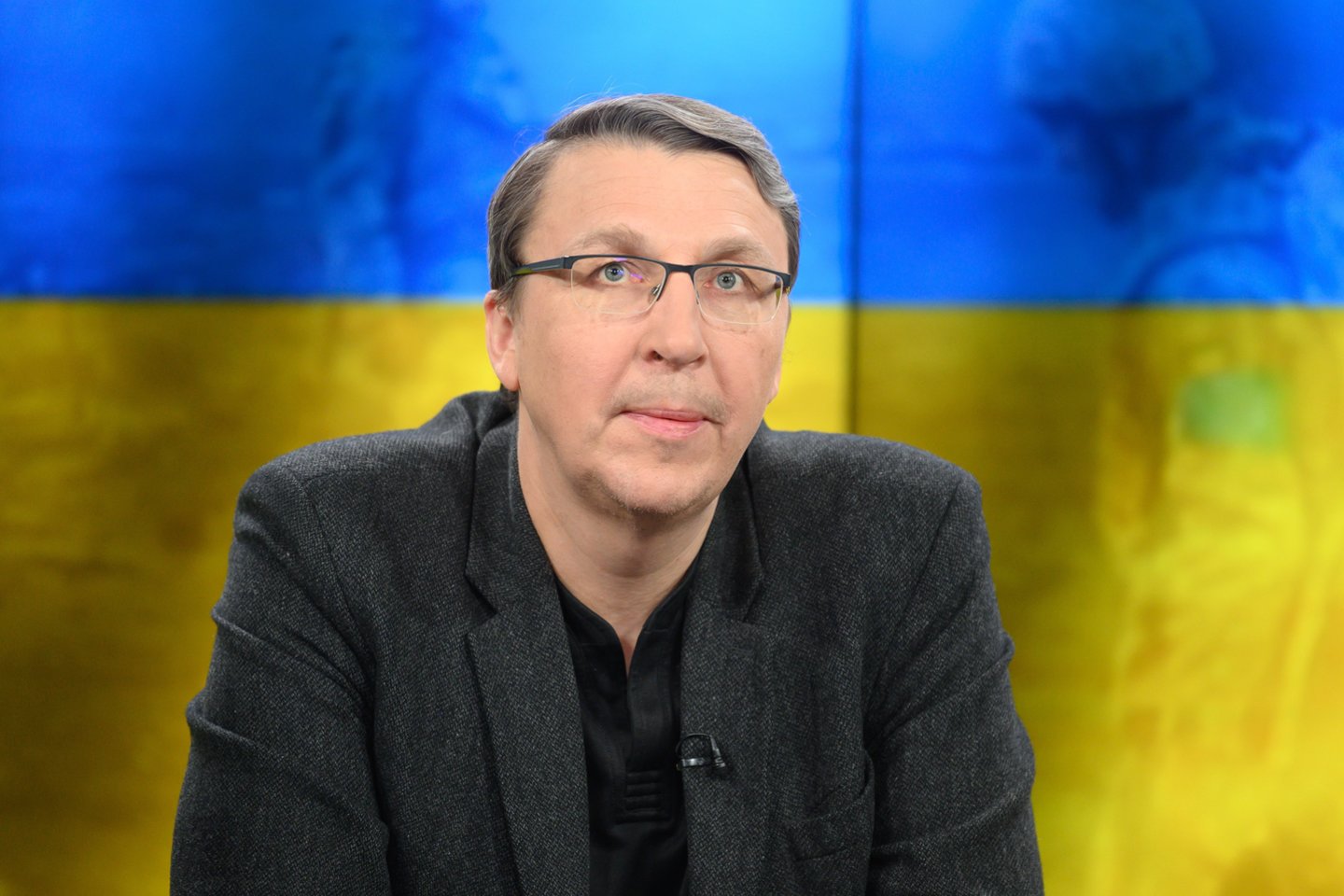Naturally, this caused huge waves around the world and in the US itself.
The main Democratic rivals, the Republicans, have slammed Ms Pelosi's visit as self-promotion and a desire to promote the entire party ahead of the forthcoming election cycle.
Even more, criticism was levelled at the politician's move as dangerous, irresponsible and excessive.
It is explained that this is simply pushing the Chinese Communist government to react as harshly as possible, further exacerbating the already tense relations between Washington and Beijing.
It is also said to undermine US relations with its allies in this part of the world by creating additional tensions there.
The shadow of doubt about this visit has been cast by Democratic President Biden himself, who has said that Ms Pelosi's trip is considered dangerous and militarily unsafe by the Pentagon.
Both the President and his administration have been criticised for either remaining silent or communicating very poorly on this issue. This has opened the way for hostile Chinese propaganda and threats.
But the Chinese have neither shot down the plane carrying Ms Pelosi nor have they so far attacked Taiwan, which Mr Biden himself recently publicly vowed to defend with the full military might of the United States.
Incidentally, even the critics of the visit have admitted that such or similar actions are unlikely to plunge the planet into the apocalypse of the third world war.
It is true that China's current military exercises around Taiwan, which are taking place on a scale and with an aggressiveness that has not been seen for a long time, are raising the risk of a military clash.
In any case, it is clear that the Chinese Communist regime, so humiliated by Ms Pelosi, with Mr Xi Jinping at its head, simply has no choice but to increase tensions and to put pressure on Taiwan on every other possible front, both on the economic front and on the political isolation front.
Beijing, with a warning grunt, is closely monitoring the reaction of the world powers, especially Europe, to the visit of the US official.
It is telling that, so far, there has been an understanding silence from the capitals of the Old Continent – or rather, there has been neither congratulations for Ms Pelosi's move nor condemnation of China's aggressive actions.
Vilnius is an exception to this rule. Pelosi's action has been publicly welcomed not only by the Minister for Foreign Affairs, Mr Landsbergis but also by the Speaker of the Seimas, Mrs Čmilytė-Nielsen.
The Minister also mentioned that the visit had opened the way for other dignitaries from other countries, and the Speaker of the Seimas acknowledged that she was considering a visit to Taiwan.
It is easy to imagine the fury and attack that a visit by the Speaker of the Seimas, or even by a minister, would provoke in China – Beijing reacted harshly to Landsberg's laconic comments about Pelosi's trip.
The reticence of the European powers is apparently due to at least two reasons – a reluctance to complicate economic relations with China while at the same time creating additional tensions in the face of the difficult situation at home and the fear that this might exacerbate the Taiwan crisis.
After all, Russia's war against Ukraine is flaring up in Europe with global implications.
Therefore, the continent's powers really do not want to see another flame to be fanned anywhere.
Neither, incidentally, do the top executives in the US, who seem to have reacted so vaguely to the actions of the leader of their country's parliamentary government.
After all, it is precisely the US intervention that seems to have stopped, or at least slightly delayed, the escalation of the Kosovo crisis. The actions of the Serbian government in Kosovo, which is not recognised by Serbia and which has provoked the fury of Belgrade and aggressive attacks by local Serbs, have been delayed for at least a month by Washington's pressure on Pristina.
Earlier, Washington, together with Berlin, pressed Vilnius to back down in the wake of Russia's hysteria over Lithuania's unwillingness to allow transit of European Union-sanctioned Russian goods to Kaliningrad.
Of course, such „de-escalations“ are only temporary, as Russia, like China, has an interest in escalating the situation.
Moscow would like to see the conflict, or even a war, over Taiwan, become as bitter as possible. The Kremlin has the same interest in Serbia and Kosovo.
On the Kaliningrad transit front, Russia will undoubtedly try to maximise the volume of goods sanctioned by the European Union in particular in order to caricature Lithuania's claims that it has imposed quotas and strict control mechanisms.
Moscow is already taking the opportunity to make a fuss about the fact that Šiaulių bankas, through which the operators of Lietuvos geležinkeliai pay for their services, have decided to suspend its banking operations with Russia from September.
The latter is shouting that this is a deliberate conspiracy with the Lithuanian authorities to torpedo, at least in this way, the EU's revised guidelines, which state that Lithuania must allow the transit of sanctioned goods through its territory.
Coincidence or not, this week, the President of the European Commission (EC) herself, U.von der Leyen, announced that these new guidelines are in line with the old ones, which some Lithuanian actors still blame on the EU for changing its position and gliding against Russia.
Such statements by the EC head can be seen as an additional glass of kerosene in the bonfire of Lithuanian domestic politics and a new weapon for the opposition, which is promising an interpellation of Landsbergis in autumn.
And this domestic bonfire will also burn against the backdrop of an increasingly heated atmosphere worldwide. But is it any consolation that it is not quieter elsewhere?

